Practical “Magic”
Speaking incomprehensibilities into potential reality by making them thinkable
Zaki Saati, The Magician, 2022, oil on board
Recent events have brought up an important element of public communication. The title likens it to magic, but it’s really a product of how we think and communicate. Languages and symbols are needed to represent realities in comprehensible, sharable ways. But this means thoughts are limited by what those tools are able to express. Anyone who has spoken a second language or compared pictures and texts knows there are concepts we don’t have the words for. Life is filled with feelings and experiences that are hard to accurately articulate.
Most people need thoughts to pre-exist in language or discourse in order to think them.
It’s why comparisons to TV or Pedowood are so common. It’s a pre-existing way to articulate how an experience felt. If this sounds suspiciously postmodern, it’s because the postmodernists were right about some things. They just whiffed on the big picture so badly they inverted it and rendered their whole movement cancerous.
The whole postmodern [discursive construction of reality] thing describes exactly what the House of Lies delusion bubble is. The sum total of assumptions, language, structures, cultural expressions, etc. that define what is taken for socio-cultural reality. It’s a vague definition because “all of it” is an vague field.
Despite its artificial construction, discourse includes huge numbers of concepts and processes that are easily expressed and understood. My niece is good at darts. I’m late because of traffic. The Reformation was a religious conflict with political and economic drivers. It’s totally new ideas and formations that are challenging. Any speculative thinker knows the joy of conveying something when the discursive pathways aren’t there yet.
Five clowns with one in wheelbarrow, around 1890, color lithograph poster by the Calvert Litho Co., Detroit
The political version of [pre-existing possibilities for expression] is made up of more structured concepts than individual words. Standardized policy parameters, procedures, ways of talking, etc. Preconditioned forms that make business as usual such a common state in that world. Just picture how formalized politics are.
At least as publicly presented. Until recently anyhow. The internet has opened up access that wasn’t possible in the TV era. Even so, it’s hard to conceptualize things that aren’t clearly pre-thinkable, let alone consider them. This is doubly so in a closed and rigid discursive structure where novelty is inherently unwelcome.
Get specific. Take Canada as the 51st state. My initial read was that this was an extreme bargaining position. There’s a lot of room for horse trading from [we’re taking you over] before compromising on priorities. I still stand by that, but with less certainty. It’s gone from not a chance to unlikely. Declowning/forcing into strategic compliance is still the probable outcome. But amalgamation is no longer shocking to imagine. It’s entered the realm of possibility.
It became thinkable.
Frances Flora Bond Palmer, Across the Continent: "Westward the Course of Empire Takes its Way", 1868, hand-colored lithograph on wove paper by Currier and Ives, National Gallery of Art
It’s not as if US continental ambitions are a new thing. Source: the Louisiana and Alaska purchases. Probably would have purchased the Hudson Bay Company land if it wasn’t for British animus and commitment to empire. Concern over this drove 19th century policy on the Canadian side. Confederation itself was partly to get out from under US-British hostility. The cross-country railroad, national police, generous land for settlers, and new western provinces and territories were all intended to close the West to American spread. The catch for mass consciousness is that it worked.
The short version is that the new country was detached enough from England for good relations. And the west was occupied enough for the US to settle on the status quo. After that, relations on both sides always assumed two relatively friendly countries with enough popular culture in common for a unique relationship. Asymmetric due to the relative sizes, but stable and practical. Enough for generations to internalize this as base code norm. To the point where Canadians are typically relatable good guys in pre-Clown movies, pulp fiction, etc.
Now recall a point made earlier. Thoughts are generally limited by these tools that we use to express them.
NPCs need pre-existing terms or structures to think something. They can’t generate the kind of ideas that need new words or framing. Thoughts and feelings can only be expressed through patterns in the imprinted base code. And not by discovering ways to express original personal observations. [Annexation of Canada] is a political concept that wasn’t active in the base code. CLIs could never have it occur to them. No matter how they may feel about Canada. I personally can’t recall anyone seriously proposing it. Because it didn’t pre-exist as a formed idea. Too many generations had imprinted [friendly, sometimes irritating, independent neighbor] to imagine a different frame of reference.
I assume The Script wants control of Canadian resources for strategic autarkic depth reasons. Given how many delusional SJW loons are there, not having to take them over directly seems preferable, if there’s another way. Their “right” starts with bright violet Alberta and reddens up from there. But perhaps The Script doesn’t care about that. Direct control does eliminate any future political uncertainty with a certainty no agreement can match. And the Scriptwriters are probably confident their NPCs could be pulsed into alignment with full screen control as easily as ours. I wouldn’t bet against them. Definitely something to track.
But whatever happens, Trump’s comments blew [annexation of Canada] up publicly in a way NPCs can now “think”. It’s been entered into their discourse as a pre-existing idea. When I called it inconceivable in an earlier post, turns out that was more literal that intended. There was no way for it to be conceived. That’s changed now. It’s an on-screen topic. The possibility was spoken into existence.
Andrej Pavlič, The Debate, 2020s, oil on paper
A Band post described House of Lies “magic” as a glamour. The screens show lies, but the huffers act as if the lies are true. So the outcome is the same as if the lies were true. Not an actual transmutation of matter and energy like supernatural magic. But the same consequences for the NPCs. This post is related but on more of a substructure level. How it works as a communication pattern. And what happens here is a really common bit of illusionist sleight of hand.
Accept the terms → Accept the frame → Accept the functional reality
Taking up an opponent frame of reference - even to refute its claims - tacitly accepts the legitimacy of the frame. And that means accepting all the assumptions the frame is made up of. Arguing if the Beatles were the greatest band of all time accepts that there is a [greatest band of all time]. When dealing with deceivers, be attentive to layers in the discourse.
Now consider engaging the debate over Canada as 51st state. Even the harshest oppositional position accepts the possibility. In a way that couldn’t even be thought before. It’s how the Overton Window works on the discursive level. New ideas enter the mass discourse in ways that let them be thought and discussed. Essentially weaponized postmodernism. Recognition that NPCs take the House of Lies lightshow for reality. So much that the discourse directs their actions. Introducing a new concept in the simulacrum creates a new real possibility IRL. And if The Script really does want Canada, creating the possibility would be the necessary first step.
So how to respond to strategic framing? Treating it as nonsense with dismissive rhetoric avoids tacit acceptance and closes off the path to reality.

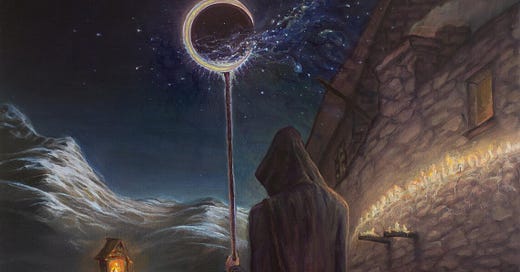



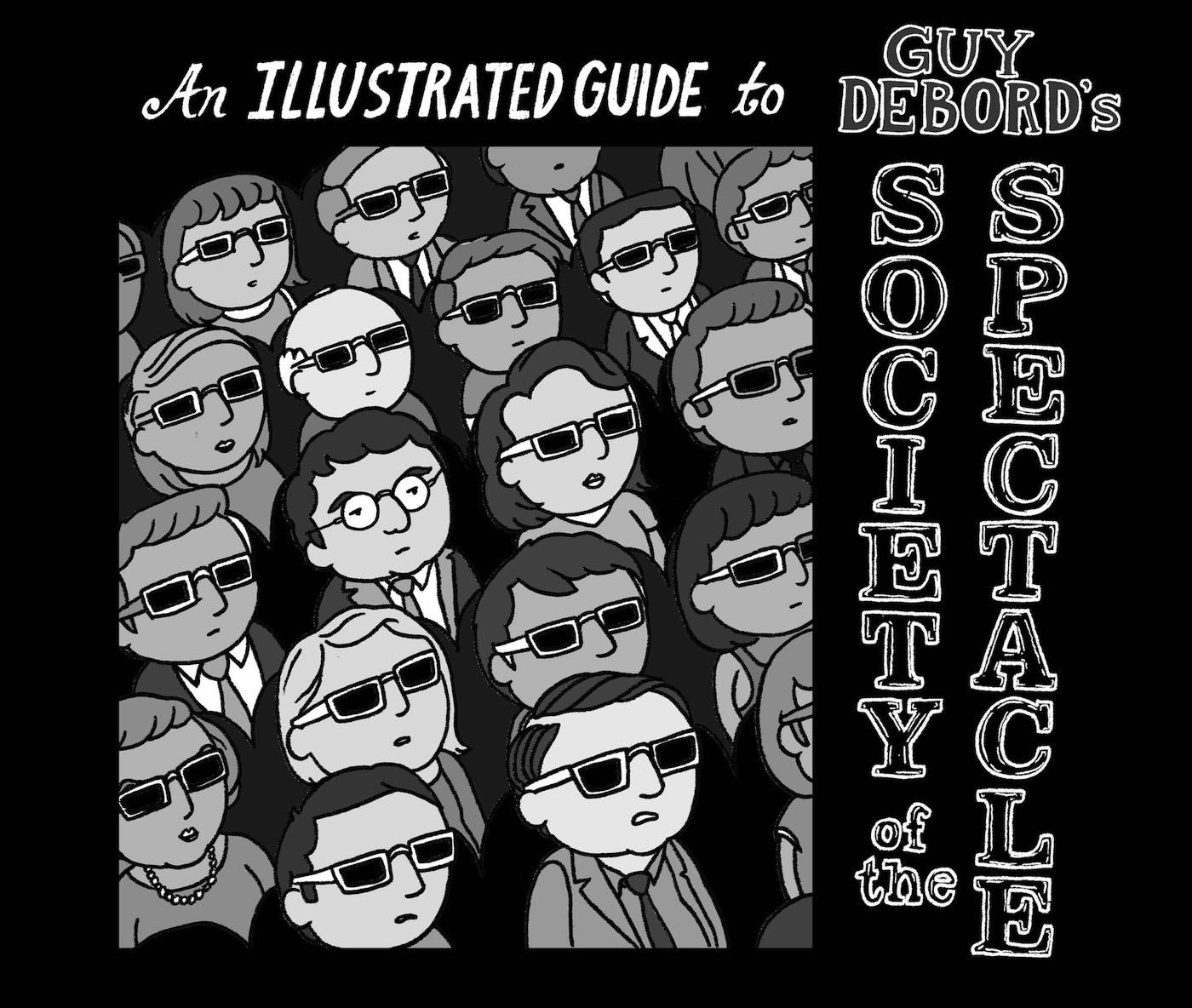
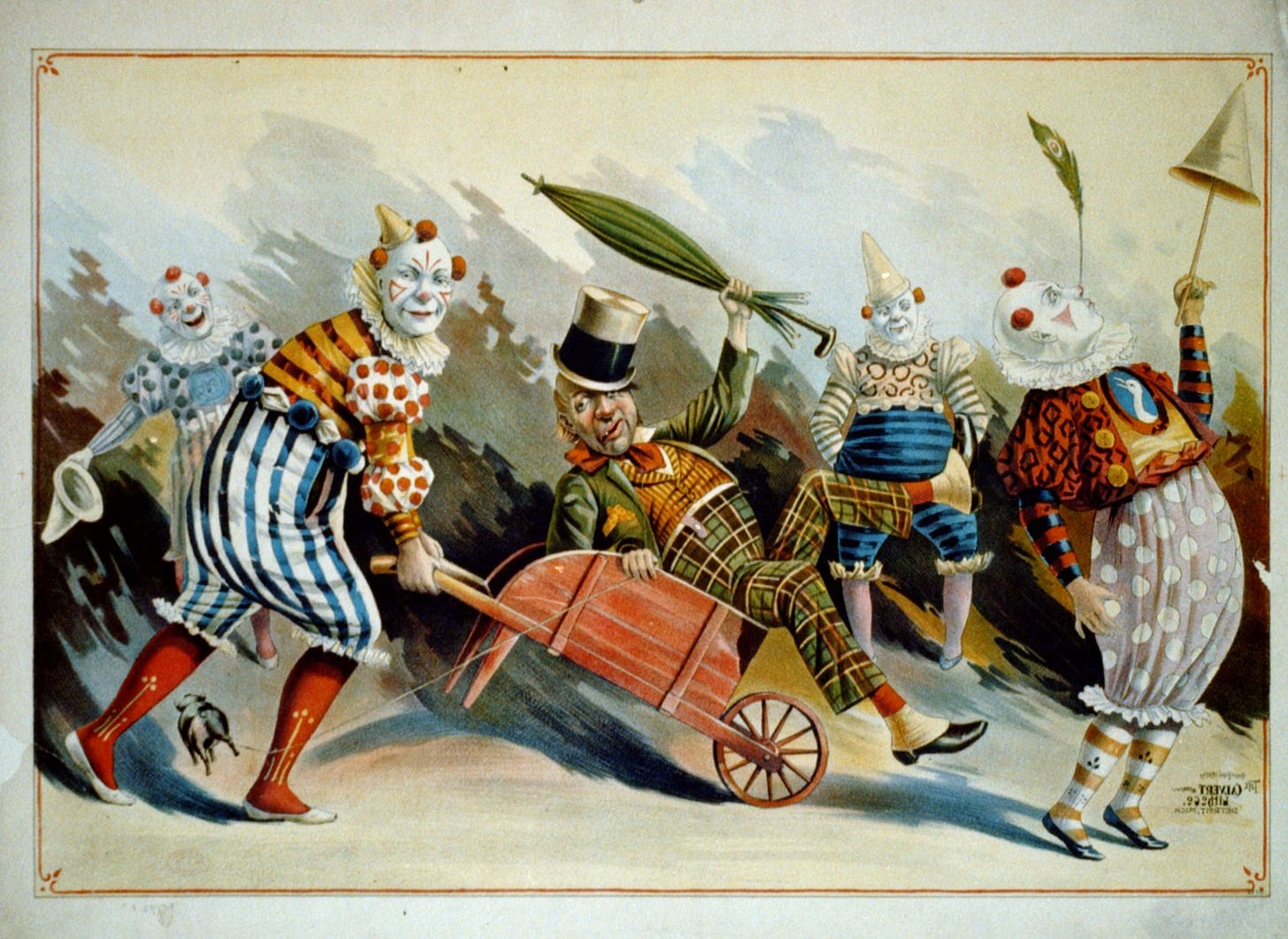
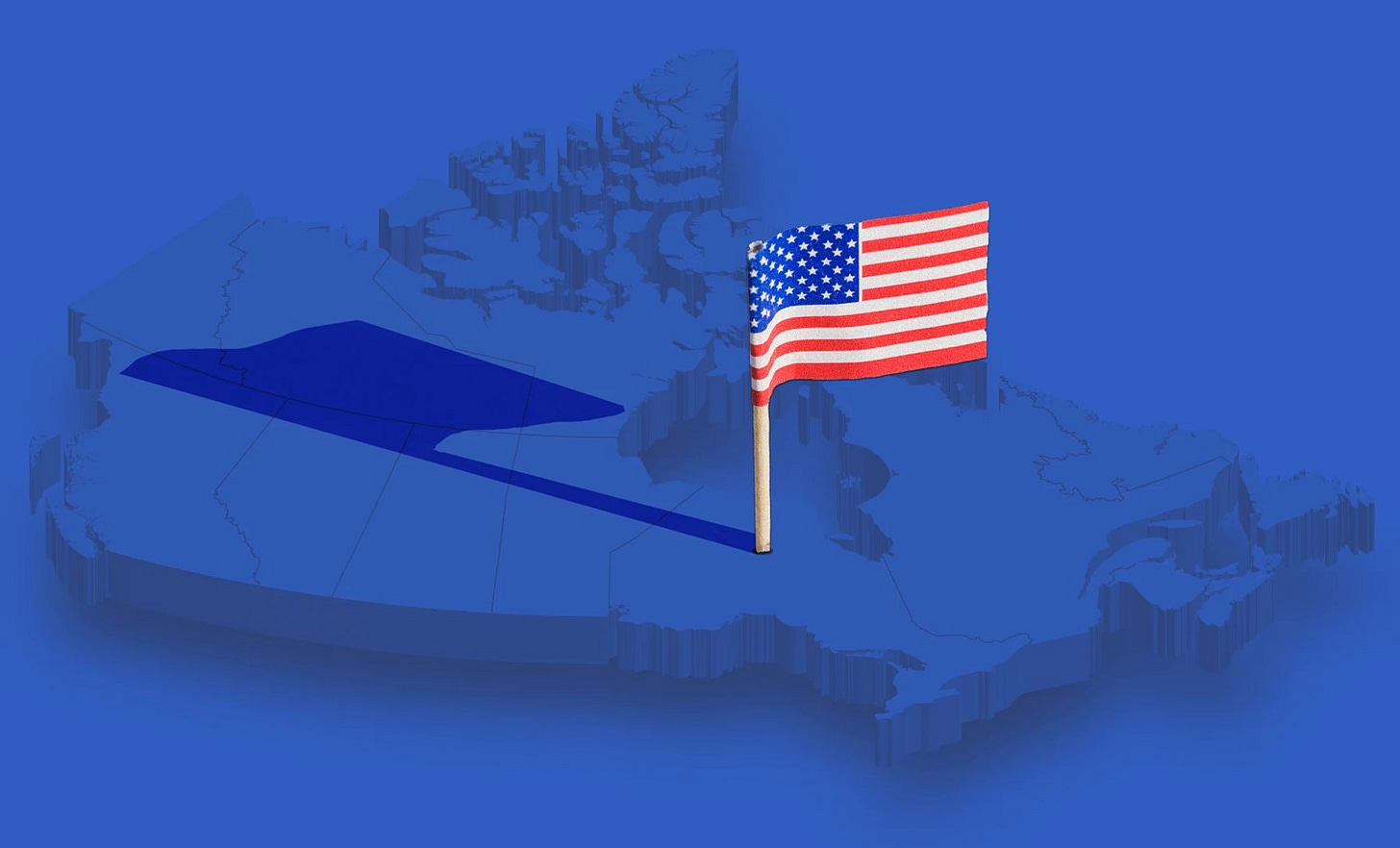
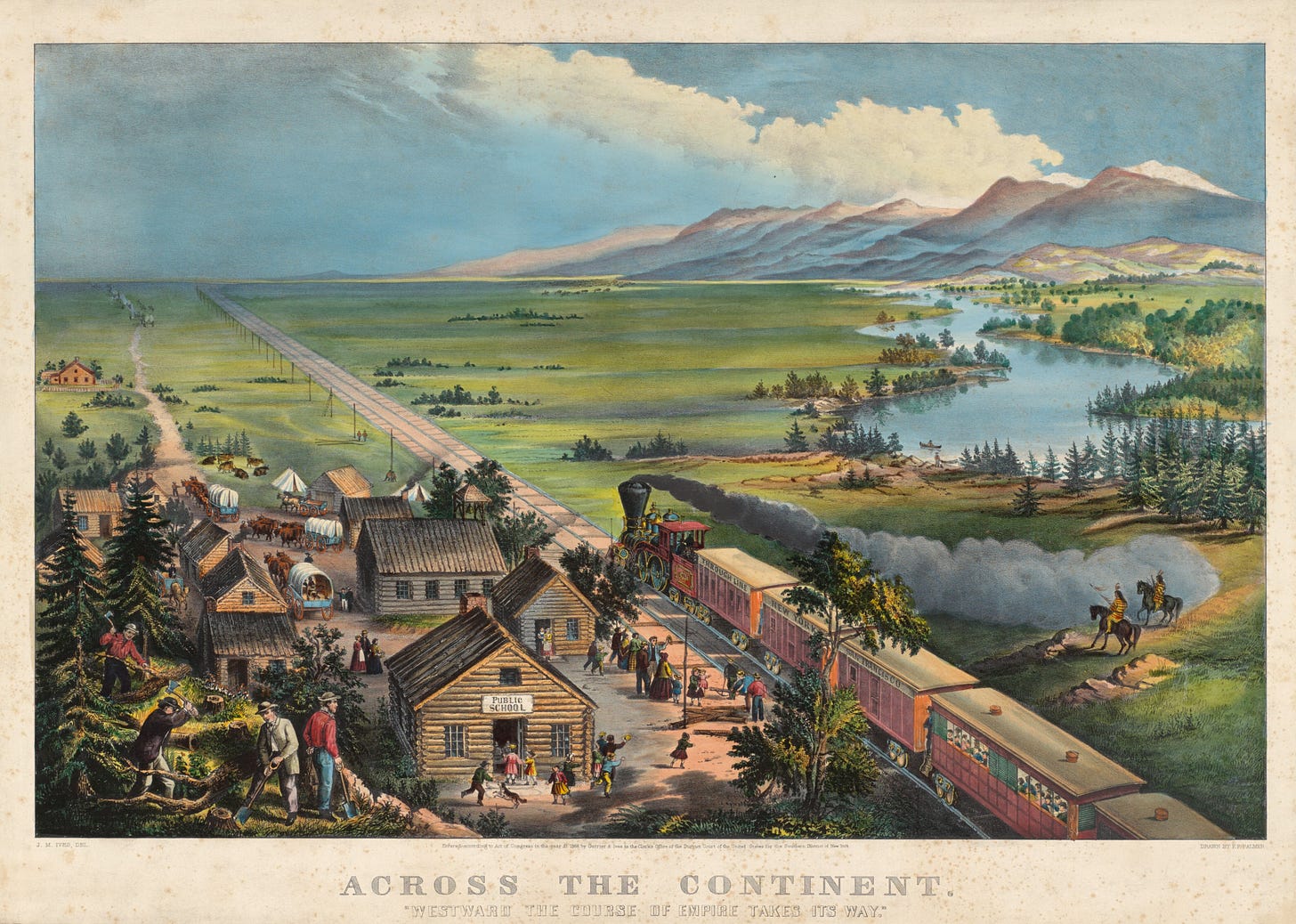
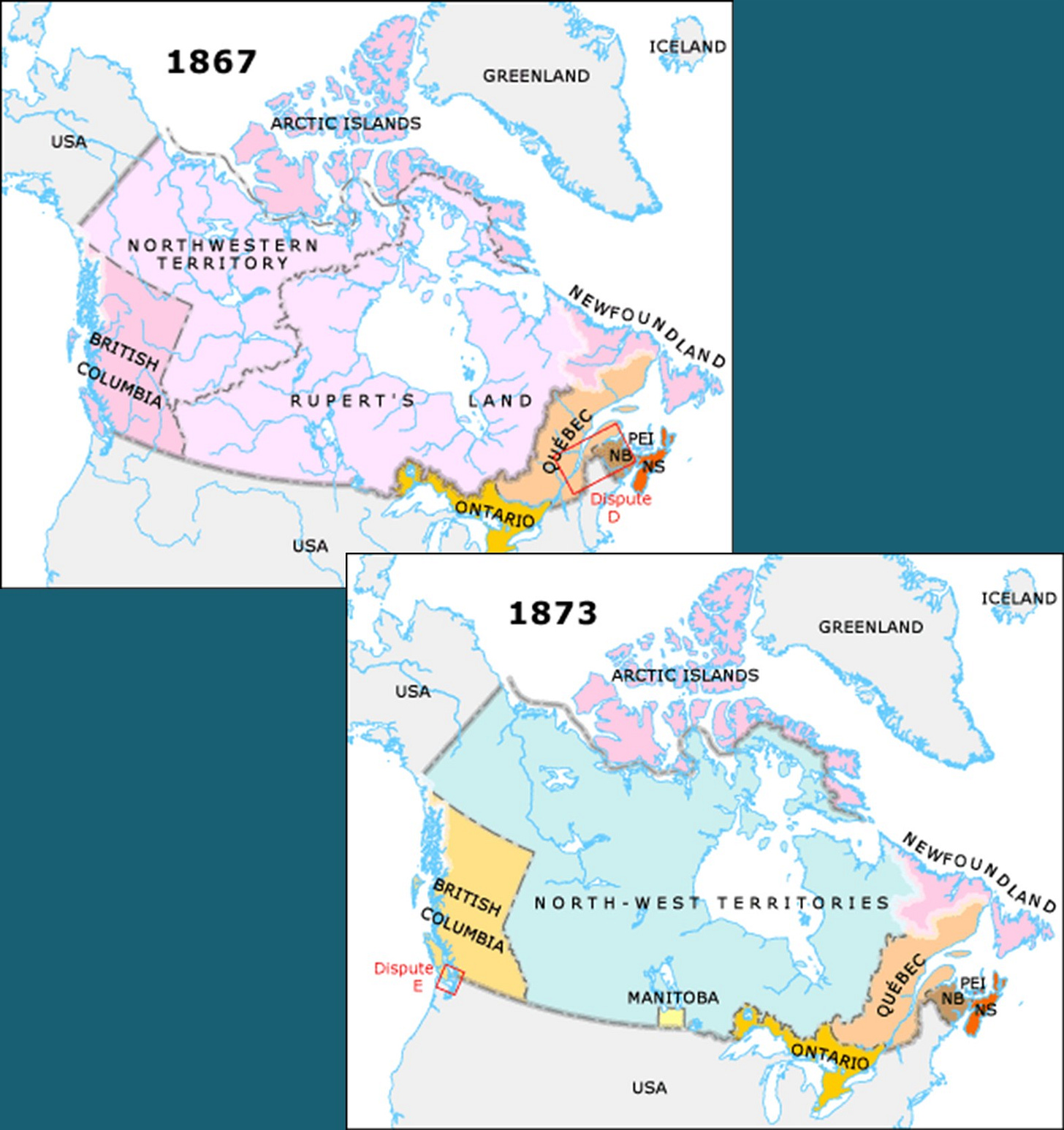
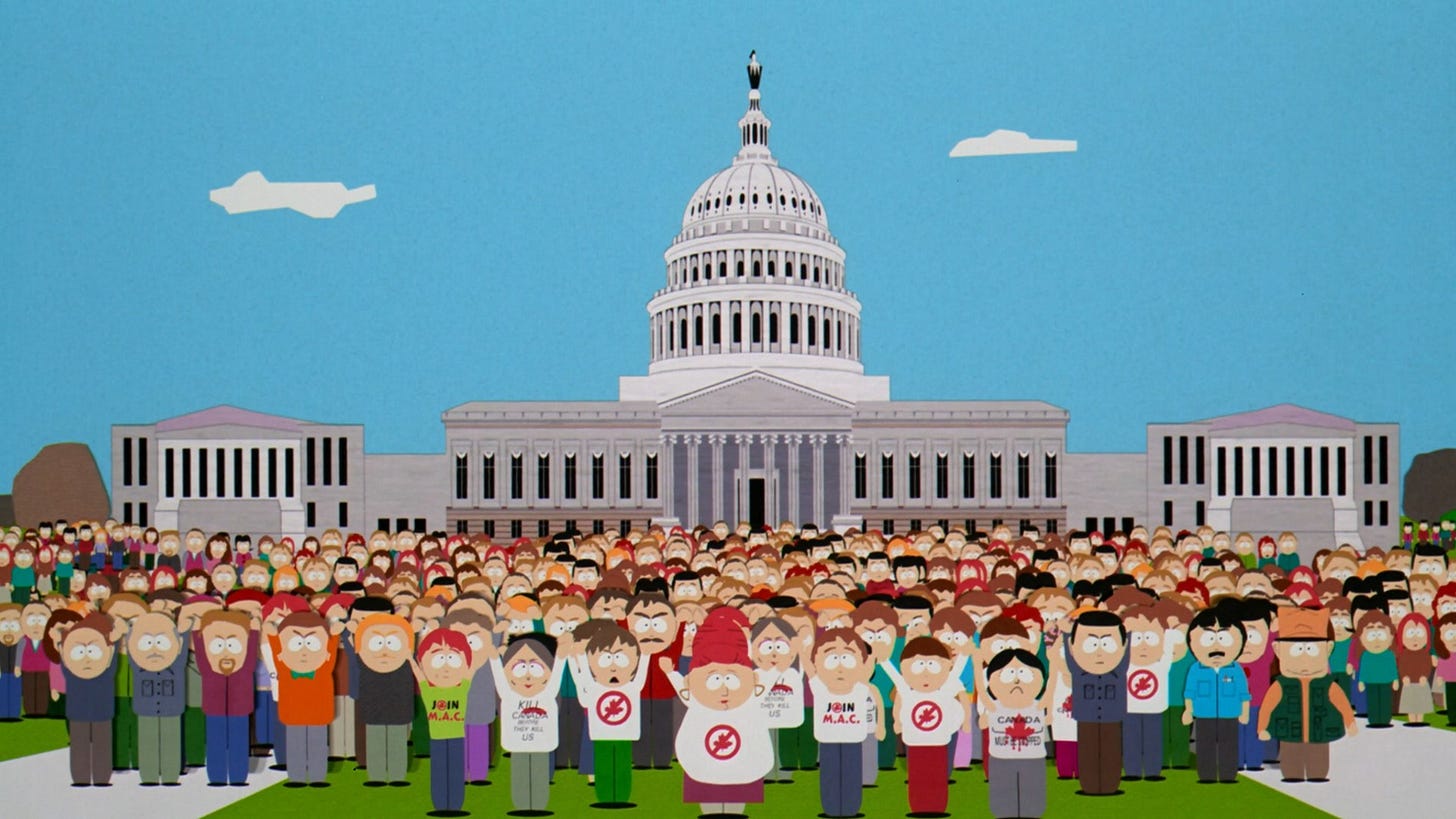

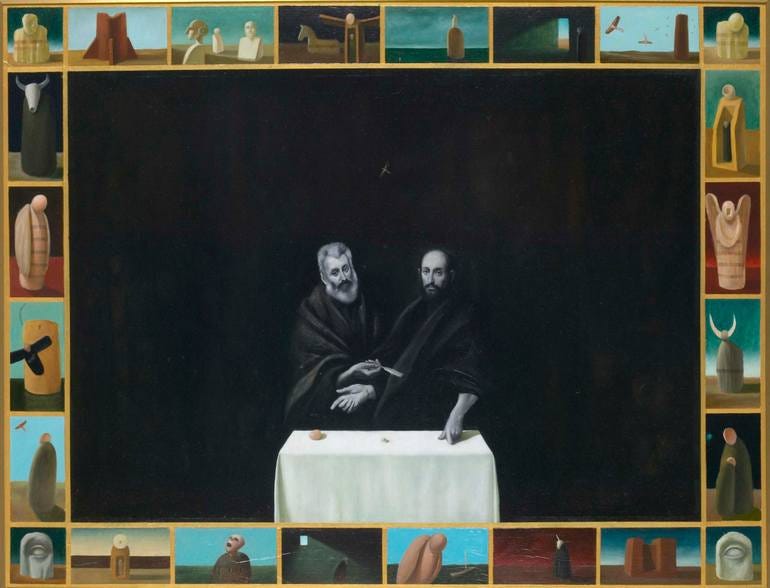
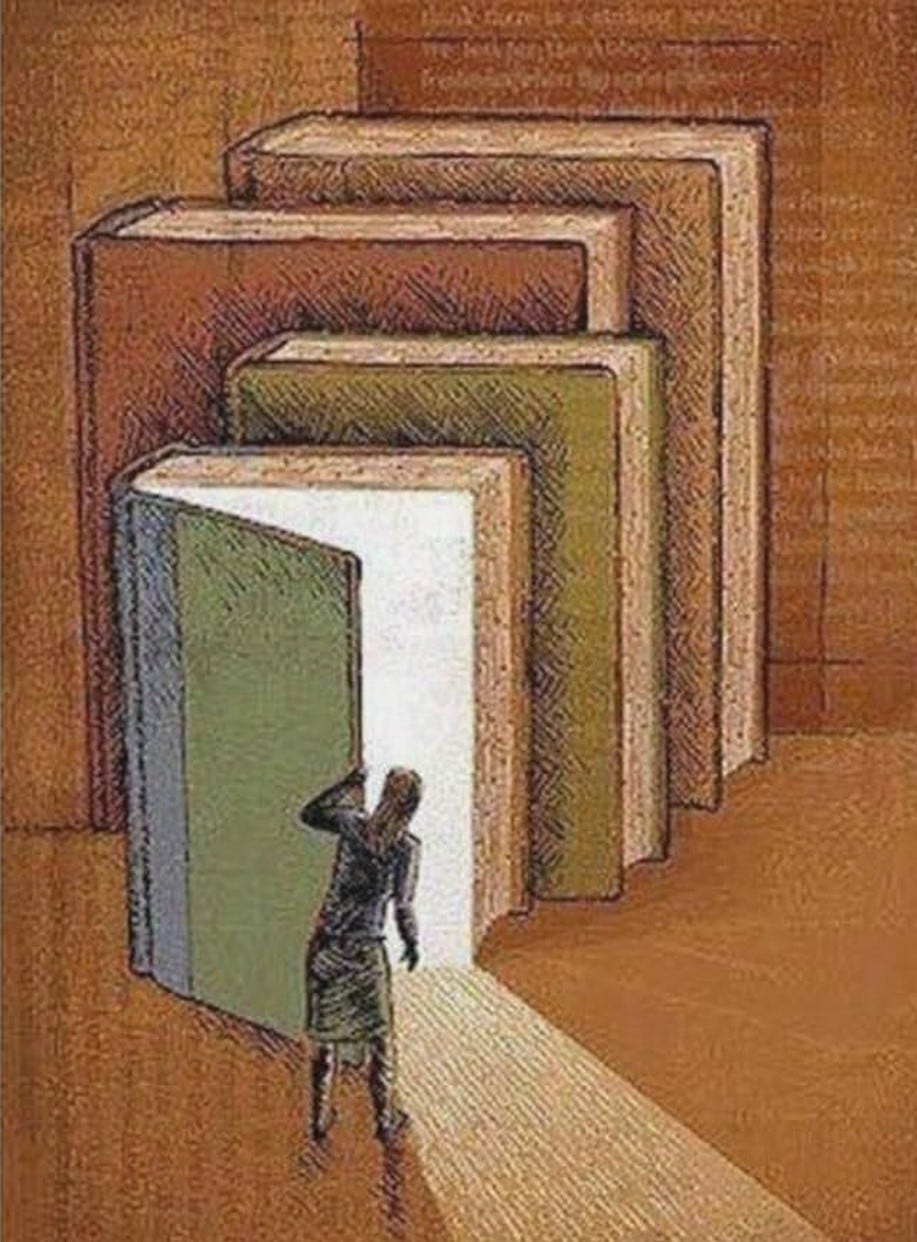
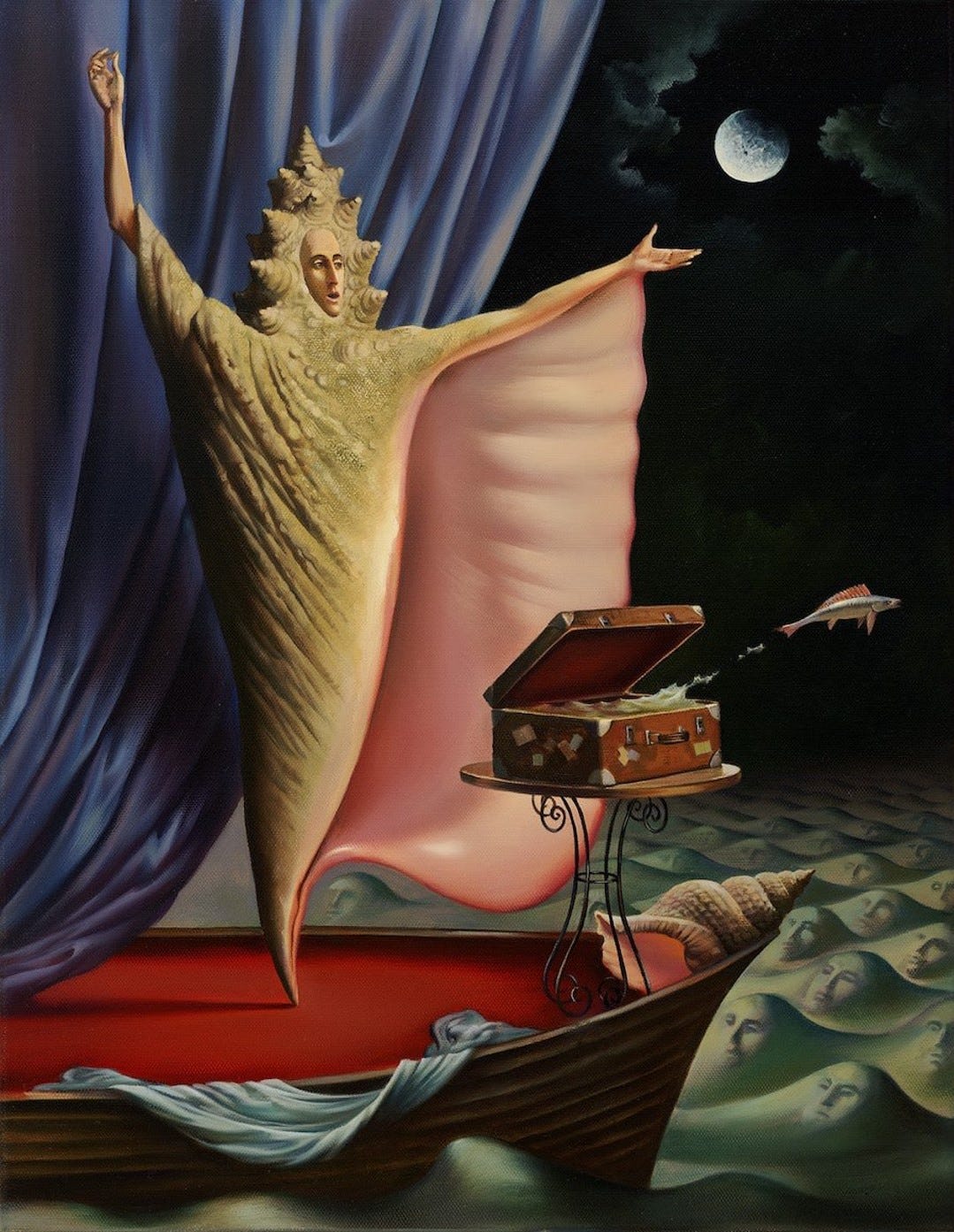
"So how to respond to strategic framing?"
As the Game bros never tired of reminding us, by having and sticking to a frame of your own with real strength. Outside-In "fake it 'till you make it" frame generation is often (but not always) better than nothing, yet Inside-Out frame is always best. At the very least, the generated frame cannot be seriously incompatible with the internal frame.
Canada's problem is that they've stripped themselves of ANY internal frame, meaning that any broad reaction can only be driven by pulsing and fantasy. The classic Gamma "debonair gentleman" in a trench coat and fedora, with a katana made of plastic and bought from Spirit Halloween.
That can be OK as a semi-amusing distraction while people who Get It negotiate a workable future reality - but I don't see those people around.
When you said pre-thinkable, my mind immediately went to the old saying of "just add water." Like - "just add a drop of your attention to this dried up concept (embedded in the screen) and watch it bloom into a fully formed thought that you can call your own!" Pre thinking is genius, thank you.
"New ideas enter the mass discourse in ways that let them be thought and discussed. Essentially weaponized postmodernism."
Thinking in terms of weaponized post modernism is way more intuitive to me than "advertising and marketing", thank you.
I guess the overall process involves setting the frame yourself, then make it thinkable by the others.
Can you see any markers or patterns or key points that would help with "ease of thinkability"? I'm thinking about it like -the art and science of making new ideas mentally digestible for our esteemed companions.